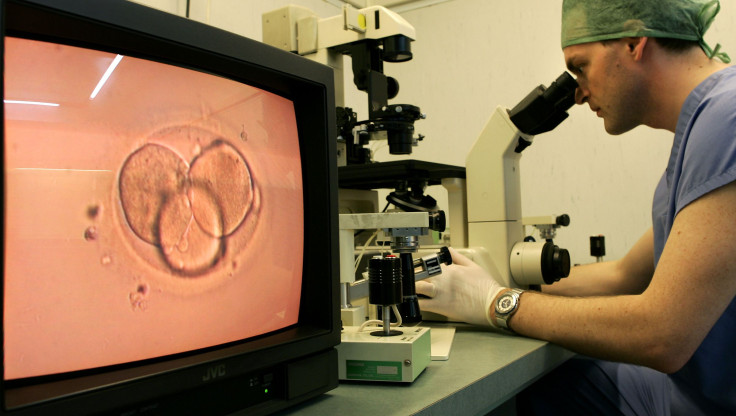Childhood Abuse Or Neglect, And The Resulting Stress, May Lead To Female Infertility

Infertility affects, on average, 10 percent of couples who are of child-bearing age… but what causes it? A new Tulane University study suggests negative experiences during a woman’s childhood can result in menstrual cycle irregularities, which may impact her fertility.
“Women who reported experiencing abuse, neglect, household dysfunction, or parental substance abuse prior to age 12 were more likely to have experienced fertility difficulties and [missed menstrual periods] lasting three months or more, and had an increased time to pregnancy,” concluded senior author Dr. Emily Harville, an associate professor at Tulane University School of Public Health and Tropical Medicine, and her co-researchers.
The Trail from Stress to Infertility
Infertility is both common and poorly understood. Scientists theorize that stress may play a significant role in fertility difficulties. While early research indicated high stress levels could reduce fertility during a particular menstrual cycle, more recent research suggest chronic stress and childhood stress in particular may also contribute to infertility.
To explore this possibility, Harville and her colleagues recruited 774 women, between the ages of 18 and 45, who resided in southeastern Louisiana; of these women, 195 were pregnant. Next, the researchers measured fertility difficulties by asking the women, both in person and on a questionnaire, about their ability to get pregnant. Participants then answered questions about their menstrual cycle. Finally, the researchers assessed whether each woman had experienced negative events prior to age 12. Unhappy childhood experiences, as outlined by two surveys used by the researchers, would include abuse (physical, sexual, or emotional), neglect (emotional or physical) and household dysfunction (domestic violence, substance abuse, mental illness, separation/divorce, or incarceration).
After gathering the data, the researchers compared and analyzed the women's childhood experiences, menstrual cycle irregularities, and fertility difficulties. Their results support past research suggesting childhood adversity could lead to infertility in adulthood.
The women who said they’d experienced either abuse, neglect, or parental dysfunction/substance abuse while under the age of 12 were more likely to have fertility difficulties and no periods for a period lasting three months or longer. It also took these women longer to get pregnant.
The researchers noted their results “suggest that certain types of adverse events may have a greater impact on fertility than others." In particular, they said "sexual abuse, physical abuse, including witnessing domestic violence, parental substance use, and childhood neglect may be more stressful" than other types of hardship. The researchers also discovered a greater probability of fertility difficulties for women who had experienced “exposure to four or more childhood adversities.”
Because hormones released by the hypothalamic–pituitary–adrenal axis can influence regulation of menstruation, the researchers theorize this axis may be altered in response to stress during childhood and this in turn ultimately suppresses fertility in certain circumstances.
Source: Jacobs MB, Boynton-Jarrett RD, Harville EW. Adverse childhood event experiences, fertility difficulties and menstrual cycle characteristics. Journal of Psychosomatic Obstetrics & Gynecology. 2015.



























